A Career As A Bacteriologist
Bacteria are present everywhere on the Earth. The study of bacteria – Bacteriology falls under the wider career division of Microbiologists. If you are an inquisitive person who relishes performing examinations and working in a laboratory, a job as a bacteriologist may be great for you. The role of a bacteriologist differs relying on the area of work.
A bacteriologist examines diverse types of single-celled microbes that are classified as bacteria, which continuously change and evolve. They normally do their research in labs. They study the growth, development, structure, and other characteristics of bacteria,
Around 10,000 species of bacteria have been discovered, and new ones are being discovered each day. Bacteria cause diseases such as pneumonia, diphtheria, scarlet fever, and several wound and childbirth infections.
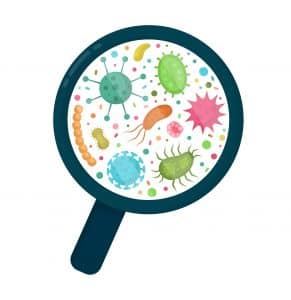
Bacteriologists spend their time exploring and understanding microscopic microbes. Within this subdivision of microbiology, bacteriologists work in research laboratories. Some bacteriologists provide research and development in various other areas, including engineering and
life sciences.A Bacteriologist’s job centers on bacteria that make humans or animals ill or the bacteria that are useful for human welfare like developing vitamins, antibiotics, sugars, etc.
On a tiny patch of human skin alone, there are countless microbes. Some of them are beneficial, helping in digesting your food, etc.; however, others are not harmful, making humans ill. As a Bacteriologist, you work to understand everything concerning the different types of bacteria.
A bacteriologist study feathers of bacteria like how they look like, where they live, what type of conditions they survive in, and how they replicate. The data collected from these studies can be used for a broad range of things. These studies can help in preventing diseases, develop novel medicines, examine the toxins in food, understand the transmission of infection, or how to modify bad bacteria so they end up being good ones.
A bacteriologist tends to spend a lot of time in a lab, taking samples from a patient (either animal or human), water, or soil, etc. Strains of bacteria can be isolated from those samples, and experiments can be performed to study them. They must strictly follow the safety precautions to prevent any mishappening.
Bacteriologists may specialize in a specific field, like marine or veterinary bacteriology. They use their scholastic understanding and working experience to evaluate bacterial growth and its impacts on animals and the environment.

- They study the growth, structure, development, and features of bacteria to ascertain how they affect human, animal, and plant health.
- They study the role of bacteria in the environment and diseases.
- They research the use of bacteria to help make life better for humans.
- Compile their study through technical records and research papers.
- Presenting the observations to coworkers, policymakers, and the general public.
- Supervising the staff, including technicians and other scientists.
- Isolating and preserving cultures of bacteria in a laboratory or in a controlled setting.
- Utilizing equipment such as electron microscopic lens, gas chromatograph, and other high tech equipment.
- Analyze bacterial cultures to determine and categorize bacteria in samplings.
- Plan and conduct experiments, analyze the study and document the results.

- Graduate from 10+2 or equivalent with Biology, Physics, and Chemistry from a reputed school.
- A bachelor’s degree in biology, microbiology, biochemistry, cell biology, or a related field from any reputed college/university is needed for entry-level positions.
- Pursue a Master’s degree to increase your chances of getting employed.
- Some bacteriologist enrolls in stats, mathematics, and computer science courses to make them proficient in executing complex data evaluation.
- For further success in your career and to work in senior positions, you will definitely require a Ph.D. or postdoctoral degree.
- Undergo internship programs so that you get a sound knowledge of how the industry works.
- Publish your academic research in some well-known journals.

Bacteriologists require exceptional skills to excel in their domain. A few of the skills required to be a bacteriologist is listed below.
- Excellent analyzing skills
- Experience, skills, and solid knowledge in the concerned area.
- Communication and interpersonal skills.
- Superior critical-thinking skills.
- Ability to carry out lab experiments and draw precise final thoughts from the outcomes.
- Written and verbal communication skills as they work in a team.
- Presentation skills are essential while giving meetings and explaining any particular study outcomes to other scientists or non-biology-related officials.
- Organizational skills are necessary for keeping an eye on a range of complex research and data.
- Environmental monitoring.
- Knowledge of operating lab equipment
- Molecular biology skills
- Microbial culturing techniques
- Clinical Skills
- Analytical Skills
- Computer Skills
- Leadership Skills
- Research Skills
- Able to work together with other healthcare professionals

Bacteriologists earn an average salary of about $68,000 each year. Job opportunities for microbiologists, in general, were anticipated to increase as quickly as the average from 2018-2028. Growth in this domain is anticipated to be sustained in part by the development of pharma products. Competition is anticipated to be strong for research study grants from the National Science Foundation and the National Institutes of Health.
Salary of a Bacteriologist in India
| Experience | Salary Per Annum (in RS) |
| Entry-level | Approximately 5,00,000 |
| Median | Approximately 7,00,000 |
| Senior | More than 10,00,000 |

Bacteriologists work in various settings, like hospitals, research laboratories, pharmaceutical firms, and government agencies. They generally work full-time in labs and at times in the study field.

- Duke University, Durham, North Carolina
- University of Florida, Gainesville
- University of Michigan – Ann Arbor
- D’Youville College, New York
- Vanderbilt University, Nashville, Tennessee
- Yale University, New Haven, Connecticut

- Healthcare organizations
- Agriculture
- Educational Institutes
- Environmental Conservation Boards
- Pharmaceutical Industries
- BioProcessing Industries
- Health and Cosmetics
- Research Organization
- Water industries
- Biotechnology companies
- Food and beverage industries
- Environmental organizations
- Public health organizations
- Forensic science labs
- Government agencies

- Cipla
- Novozymes
- Apollo
- Emcure Pharmaceuticals
- Sami Labs
- Britannia
- Bisleri
- GSK
- Johnson & Johnson
- Dr. Reddy’s
- TUV SUD
- Sanofi
- Sun Pharma
- Lupin
- Mondelez
- IFF
- Suguna Foods
- Apotex

A well qualified and trained bacteriologist make a challenging career in public and private hospitals. These days with the growth in the private sector, there are numerous hospitals, nursing homes, blood banks, pathology labs, and so on, raising the demand for bacteriologists. With the onset of the COVID-19 pandemic, there is a surging rise in the demand for biologists. Even when all this chaos concerning the pandemic is over, the demand for life science graduates will not decrease, as day by day, new pathogens are emerging – posing a great danger to humans.

- Laboratory technician
- Research Associate
- Production Supervisor
- Scientist
- Quality Assurance Manager
- Laboratory Manager
- Regulatory Affairs Manager
- Quality Control Manager
- Quality Assurance Director

- MIRCEN World Data Centre for Microorganisms
- MicroBioNet
- American Society for Microbiology
Keyword: A career as a Bacteriologist; Bacteriologist’s career; Career path of a Bacteriologist, Bacteriology career.


























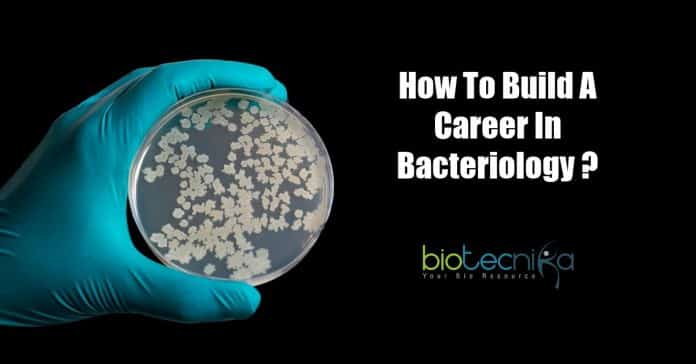

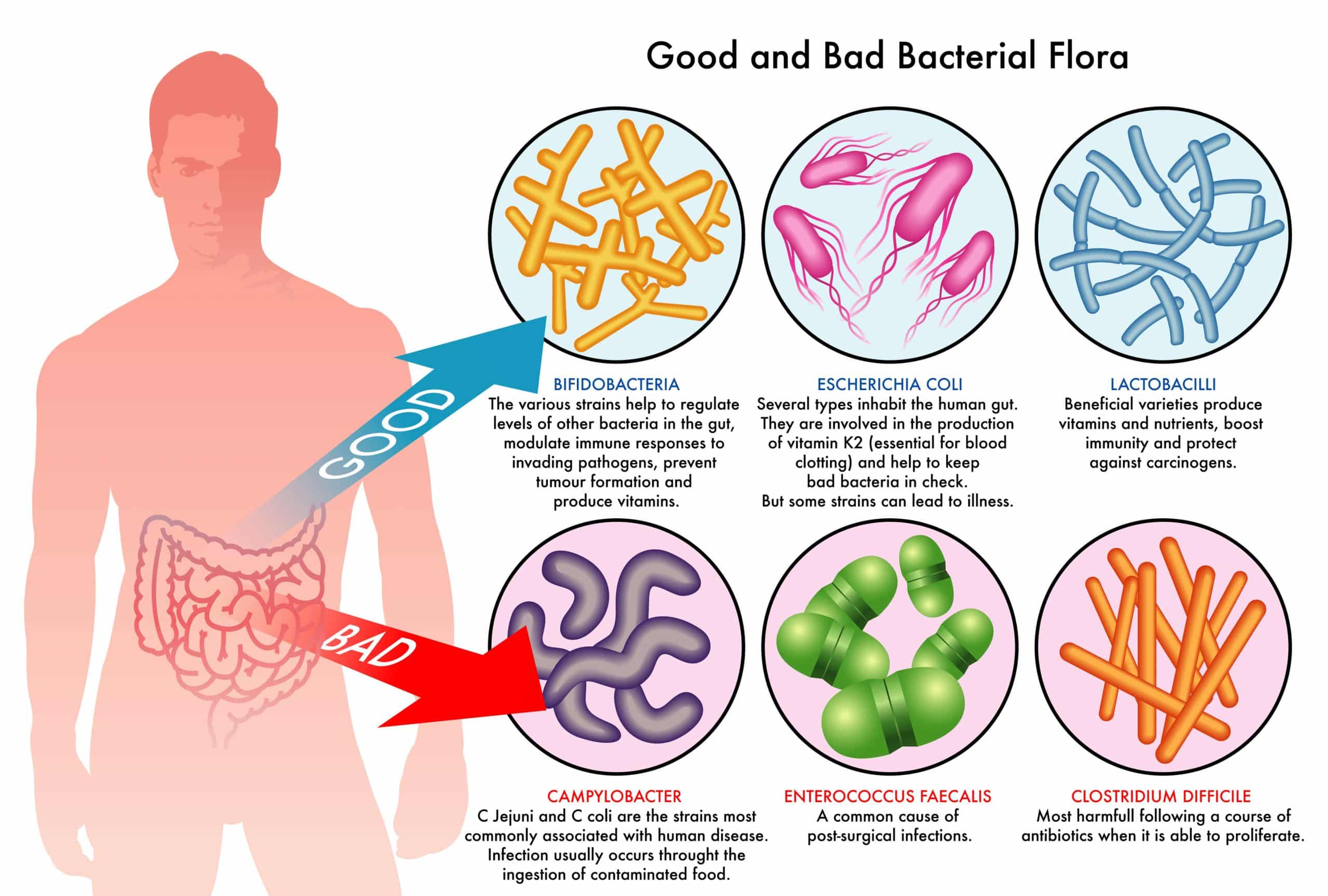
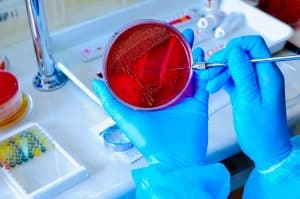
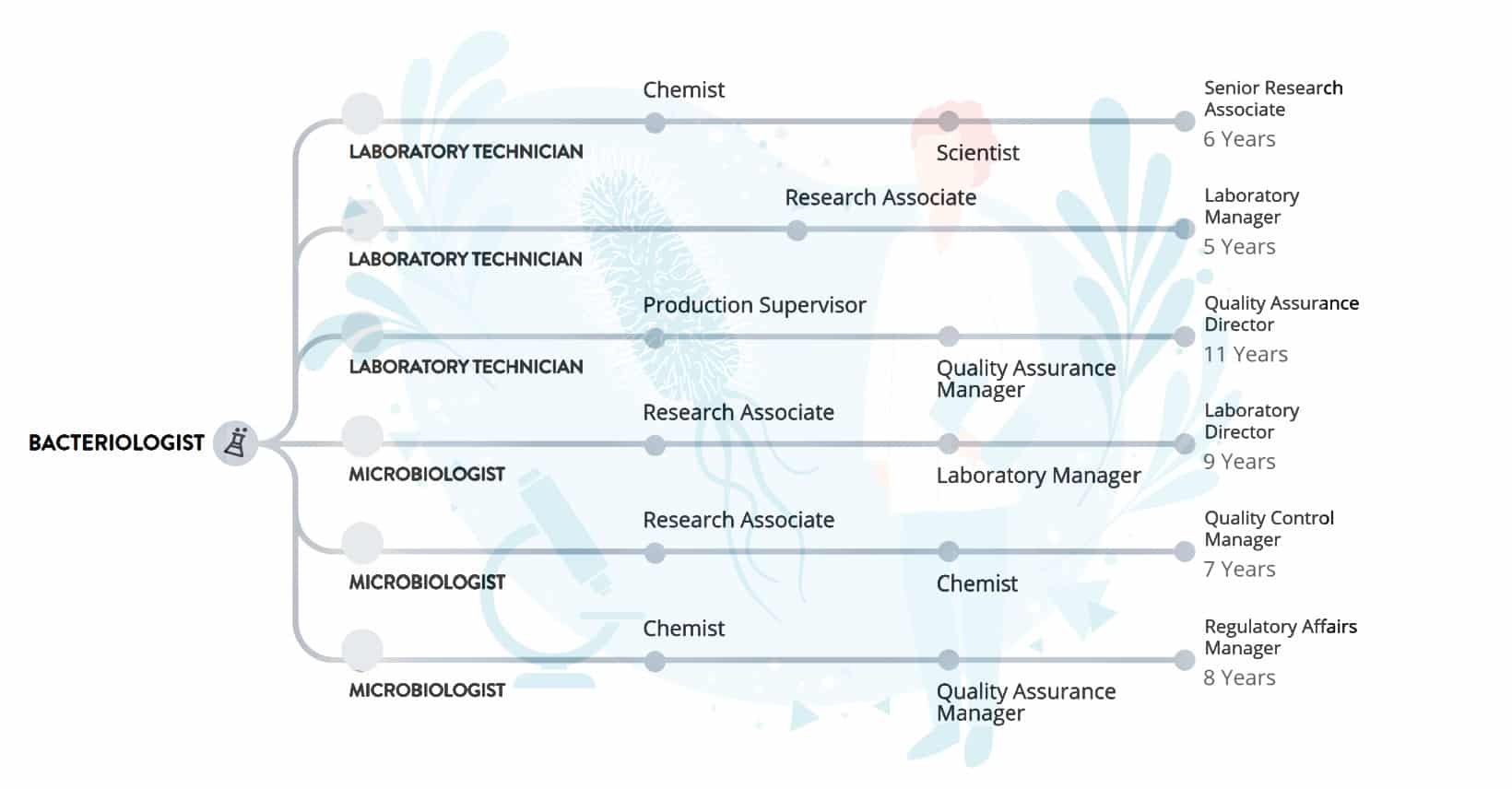













hi
I am a microbiologist Holding PhD Degree from Freie University Berlin and PDF degree in Molecular biology from unoiversity of california los Angeles California and cell biology research, had done MSc and BSc In microbiology from Pune university Pune, MH.
please consider my CV for position in Bangalore where my family is based in,
My Long experience in research would give gradation to the project at your institute.
Please consider MY CV and oblige me
Thank you
Sincerely
Dr, Rupal Deva
I will be able to provide you with references which I took from Profs and recruiters of institutions
I am based in Indore M.P and am ready to move to Bangalore, where my family is based in.
kindly contact me Back ASAP, Thank you
Sinncerely
Dr ( Rer Med) Rupal Deva
i would like to know more about your project
I may be reached on my Mobile: No: 9632902548
sir lm studying 3year medical genetics next pg medical genetics my aim right